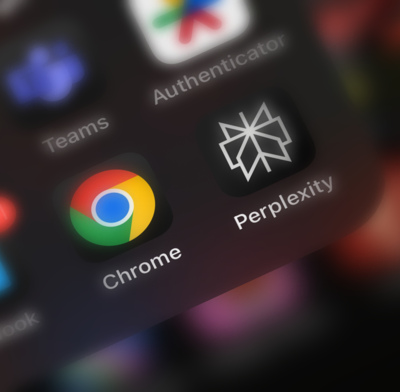Perplexity AI has made an unsolicited $34.5bn cash offer for Google’s Chrome browser, a proposal that appears more about positioning and grabbing headlines than any realistic prospect of a deal.
Perplexity AI Makes Unlikely $34bn Bid for Google Chrome: WSJ

Betting on an antitrust break-up
Alphabet has not indicated any willingness to sell Chrome, and any divestiture would likely depend on the outcome of ongoing US antitrust proceedings.
A federal judge is considering potential remedies after a 2024 ruling that Alphabet’s search engine Google illegally maintained a monopoly; one floated option is forcing the company to spin off Chrome. Such a move could be tied up in appeals for years.
Perplexity’s bid, unveiled on Tuesday by the Wall Street Journal, promises to keep Google’s Chromium open-source, invest $3 billion over two years, retain most of Chrome’s staff, and even maintain Google as the default search engine.
The offer follows a similar high-profile, and equally improbable, move on TikTok’s US operations in January amid US concerns of TikTok’s Chinese ownership.
The startup taking on search giants
Perplexity, now three years old, was founded by Aravind Srinivas and others and positions itself as an “answer engine” competing with Google Search, Microsoft’s Copilot and OpenAI’s ChatGPT.
It has raised about $1bn from investors including SoftBank, Nvidia, venture capital firms NEA and IVP, and Jeff Bezos, and was last valued at roughly $18bn, far short of what would be needed to fund the Chrome acquisition without substantial outside backing.
A long-shot bid
No other bidders have formally emerged, but analysts note that if a court ever forced Chrome’s sale, it could attract interest from strategic players such as OpenAI and Yahoo, as well as private equity groups including Apollo.
For Perplexity, the offer keeps its name tied to one of the internet’s most valuable gateways, bolsters its ambitions in the browser market, and positions it as a potential remedy partner for regulators, even if the likelihood of closing the deal remains remote.







